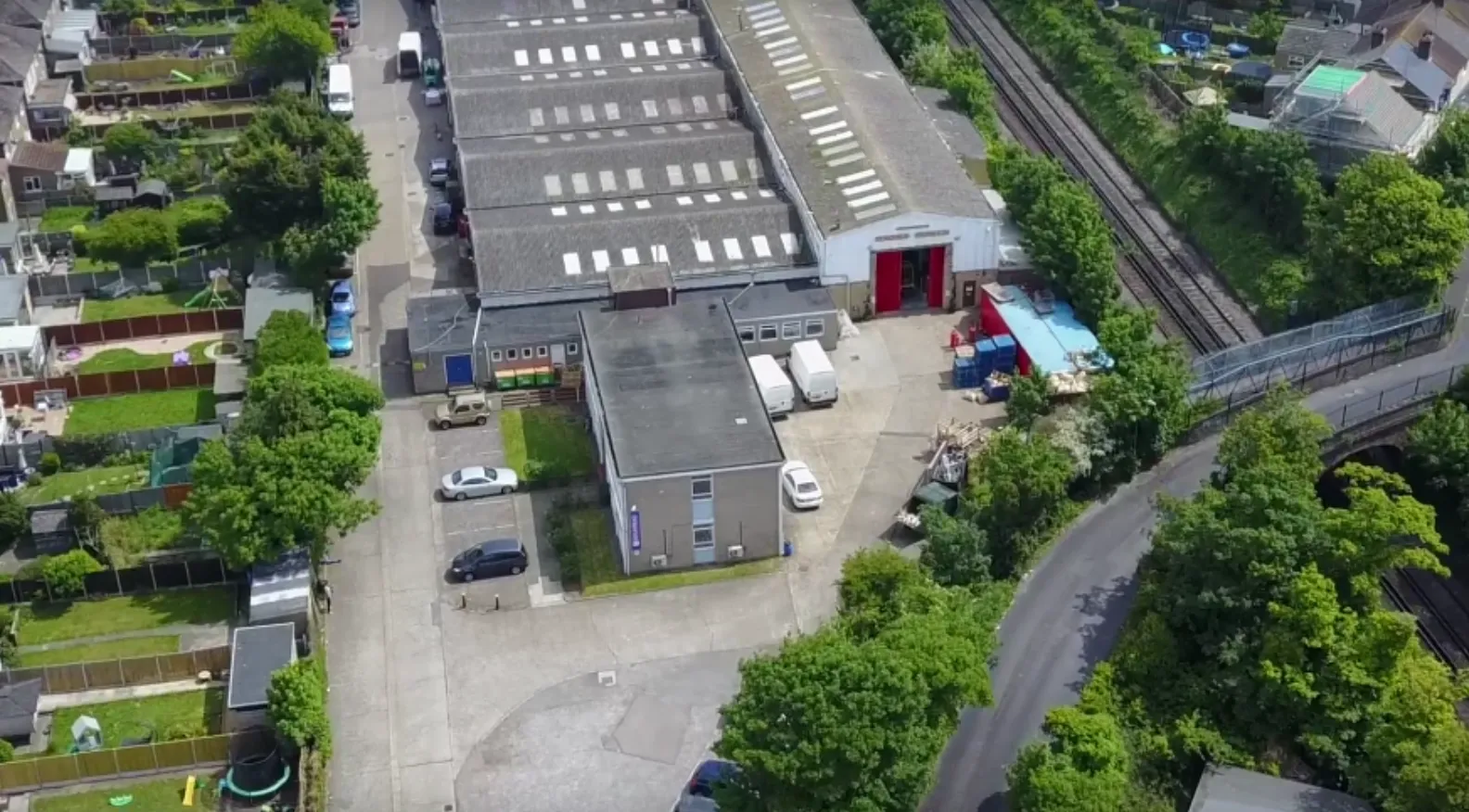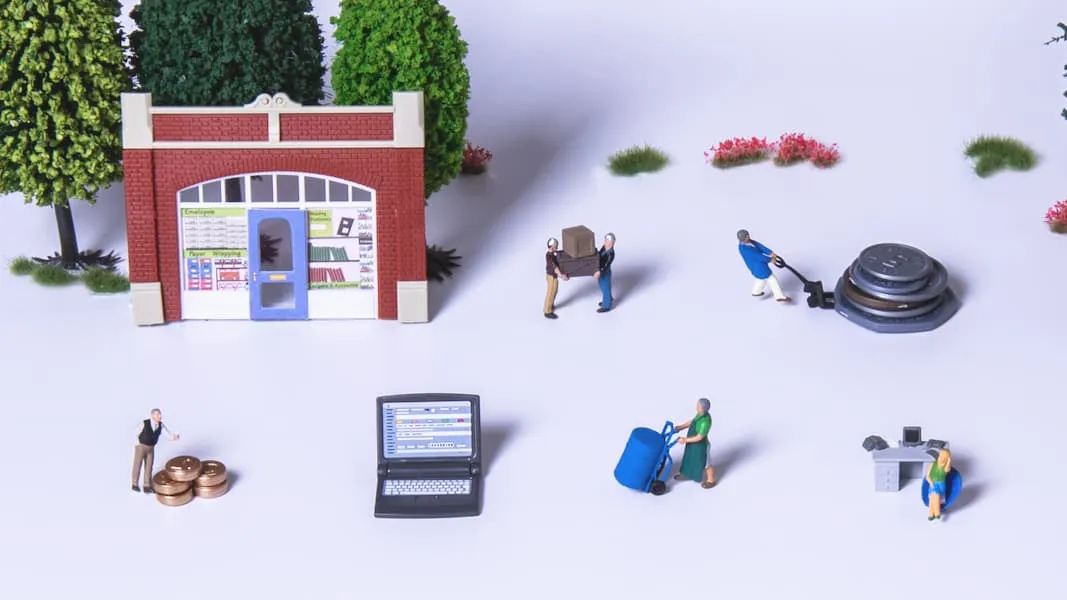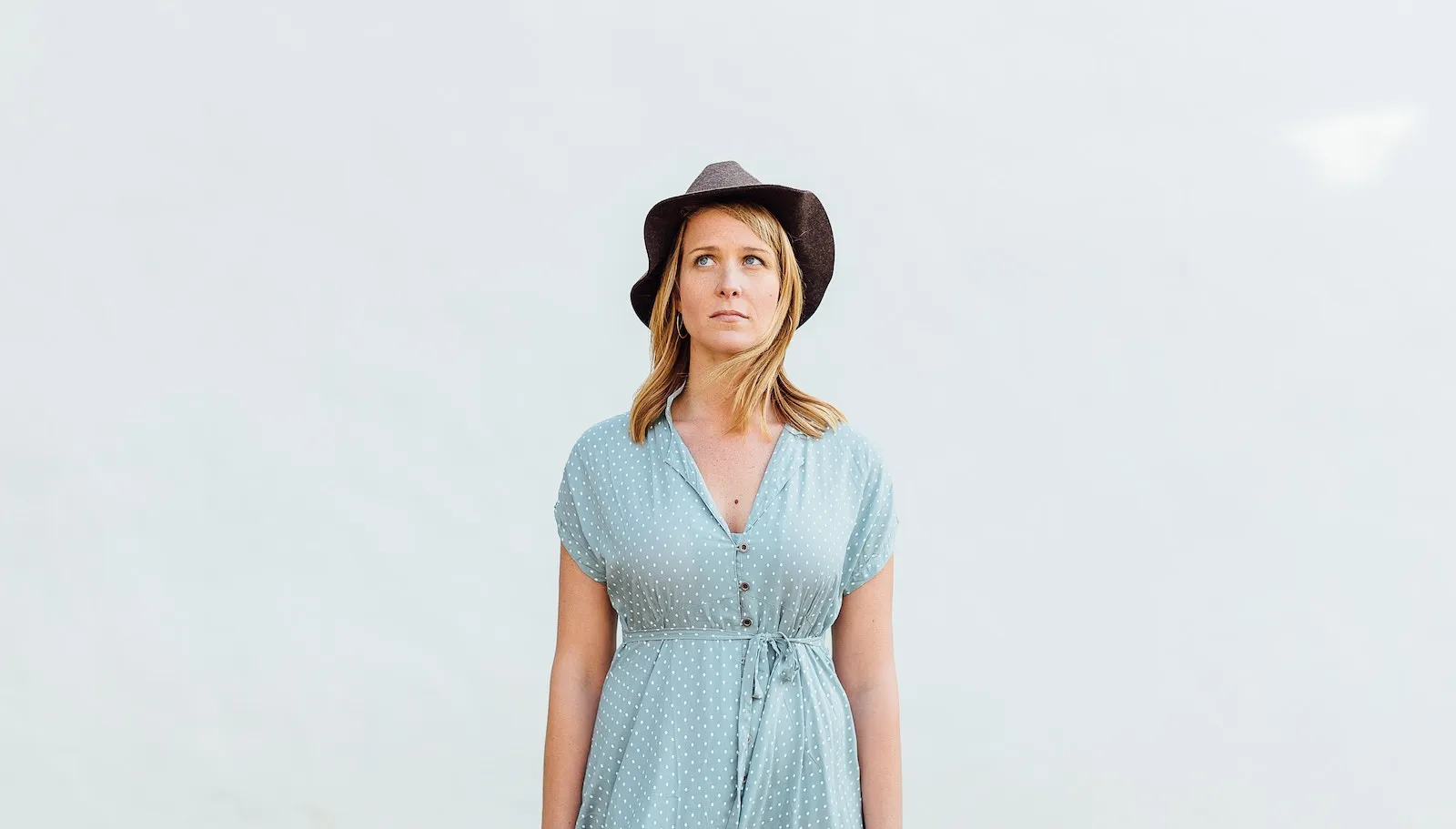A fireside chat with Sambrook’s Brewery
5
min read
A fireside chat with Sambrook’s Brewery





Chris: How long did it take from having the idea to selling the first bottle of beer?
Duncan: Sambrook’s was founded off a trip with some friends to the Great British Beer Festival, which showcases beer from across the country. We were doing a county crawl, from Cornwall to Scotland, but when we got to London in the setup, there were no breweries showcasing. I thought ‘how are there so few breweries in London? It’s 2006!’
The only breweries operating at the time were Fuller’s and Meantime, and a handful of tiny little brew pubs and I sat there thinking, ‘Yeah, 8.5 million people; there’s got to be an opportunity for a brewery here’.
That was the embryo of the idea. From there, I just started telling everyone I was going to do it. It took a lot of courage but if you tell everybody that you’re going to do something, then you’ll actually do it because you're convinced yourself. We took two years to get up and running and by then, in 2008, we were the sixth brewery in London. Today, there’s 120. It’s a fantastically vibrant space.
Chris: Tracy, can you talk a little about your other business, SEB Brewing Services, bottling rather than brewing beer?
Tracy: SEB was born out of the idea that there’s now a lot of breweries out there, like Duncan said, there’s 120 in London today. The growth of the craft beer market was a huge opportunity. More and more breweries need to package their beer because they don’t do it in-house. Opportunity was there in that niche, and it’s where growth will come from in the future, even if it isn’t there today.

Chris: And you’re in joint venture, both in your personal and professional life? How do you find that?
Tracy: SEB is a joint venture between three breweries, and then Duncan’s my husband. He likes to joke I’m working for him, but I prefer to say I’m working with him.
There is a good work/life balance because our businesses are physically and structurally separate. We do constantly interact: Sambrook’s is a customer of SEB’s, but we’re not sat alongside each other at a desk every day.
Chris: I’d love to hear what you want to make out of the business? After all, whatever happens is in your control in the end. The fate of the company is what you decide it to be.
Duncan: We set up Sambrook’s as a sustainable community brewery. Historically, breweries have always given a lot back to the community, and we support a lot of local events. We like to be seen as part of Battersea, South West London. I’d love to know that – in 100 years’ time – we’re still Sambrook’s Brewery in Battersea, in the same way you see Fuller’s in West London. That’s my goal.
Tracy: SEB is servicing the industry, taking advantage of growth in the market. We operate for smaller breweries: we’re all about trying to encourage growth in startups. We’re trying to help sustain the industry.
Chris: Given that we’re a finance company, it would make sense to talk a little on the financial side of things. What place does finance take in your mind, and in your business in general?
Duncan: The two businesses are quite different. Sambrook’s is high volume, low value. We process huge numbers of transactions, whereas SEB is low volume, high value, which is a bit simpler finance-wise. A lot of Sambrook’s financial side is dealing with the consequence of working capital. In fact I’d even go so far as to say, the working capital is the one thing that can make or break a brewery like ours.

Your biggest cost is duty. We pay duty to the government for all the beer that we sell and we have to pay them on the 25th of every month, but we don’t get paid by our customers until the 30th. So every month we have this huge working capital swing for five days. And the bigger the brewery gets, the bigger that swing.
Over time, you learn how to forecast better but still, not having access to enough working capital to cover that swing is still one of our biggest risks. That’s where finance steps in to help us cover the cash flow gaps.
Chris: Do you have a bank that you have some sort of regular contact with, that supports you, and gives you some advice, be it on the brewing side or the accounting side?
Duncan: No. I mean, they just don’t act as business advisers. I really believe that the business banking system in the UK is broken. They don’t want to lend to growth businesses; they see it as a risk. When you’re growing, you need to make quick decisions and respond to changes in the marketplace. The banks are still working on a lead time of six to 12 months for any loan approvals; there is something fundamentally wrong with this approach.


How to use payroll loans for small businesses

Business Loans comparison: High Street Banks vs. Alternative Lenders
Comparing the pros and cons of getting a business loan from traditional lenders and alternative finance providers, including how they differ in application processes, speed of funding, rates and flexibility.

Working capital ratio
Discussing the importance of calculating your company’s working capital ratio, what it represents and how to improve the ratio.







